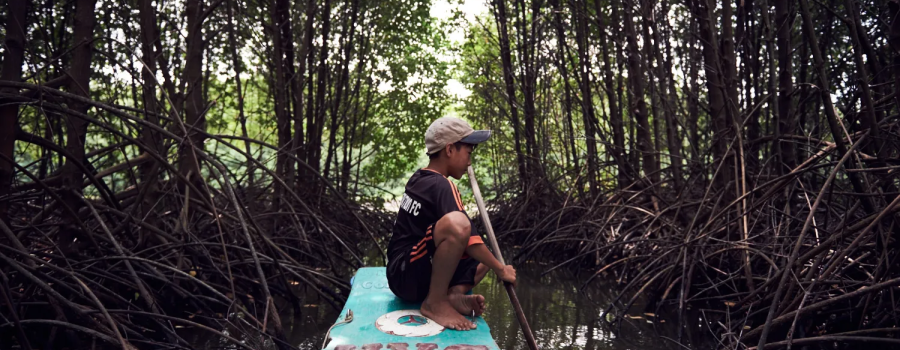Climate Summit

While seafood products are considered a climate-friendly protein option compared to other proteins, farmed shrimp are cited as having among the highest levels of greenhouse gas emissions within the seafood category. We are seeing an increasing commitment by retailers to address scope 3 greenhouse gas emissions. In response, shrimp producers and feed companies are focusing on ways to reduce emissions to meet demands from regulators, investors, and consumers. By popular demand, GSF returns to the topic of carbon footprint in this year's event to delve more deeply into the issue and learn from those taking action. The session will kick off by examining current insights on emission hotspots throughout the supply chain, featuring experts Rob Parker (ASC) and Dave Robb (Cargill, on behalf of the IDH Aquaculture Working Group). Then, we will shift gears to discuss potential solutions. We will seek inspiration from the flower sector and see how Bloom & Wild changed their procurement strategy by incorporating climate targets and building relationships with suppliers through long-term contracts and direct purchases. Skretting will speak about measures taken in feed production, an important driver of emissions. GPS from Ecuador will discuss how electrification provides direct financial benefits for producers and reduces emissions simultaneously. Thai Union will showcase how producers implement automated feeders, source sustainable feed ingredients, and benefit from a de-risked investment in solar electricity through a partnership with committed retailers. Get inspired by how supply chain partnerships and access to finance can result in wins for producers and the climate. (Photo courtesy of Selva Shrimp)








